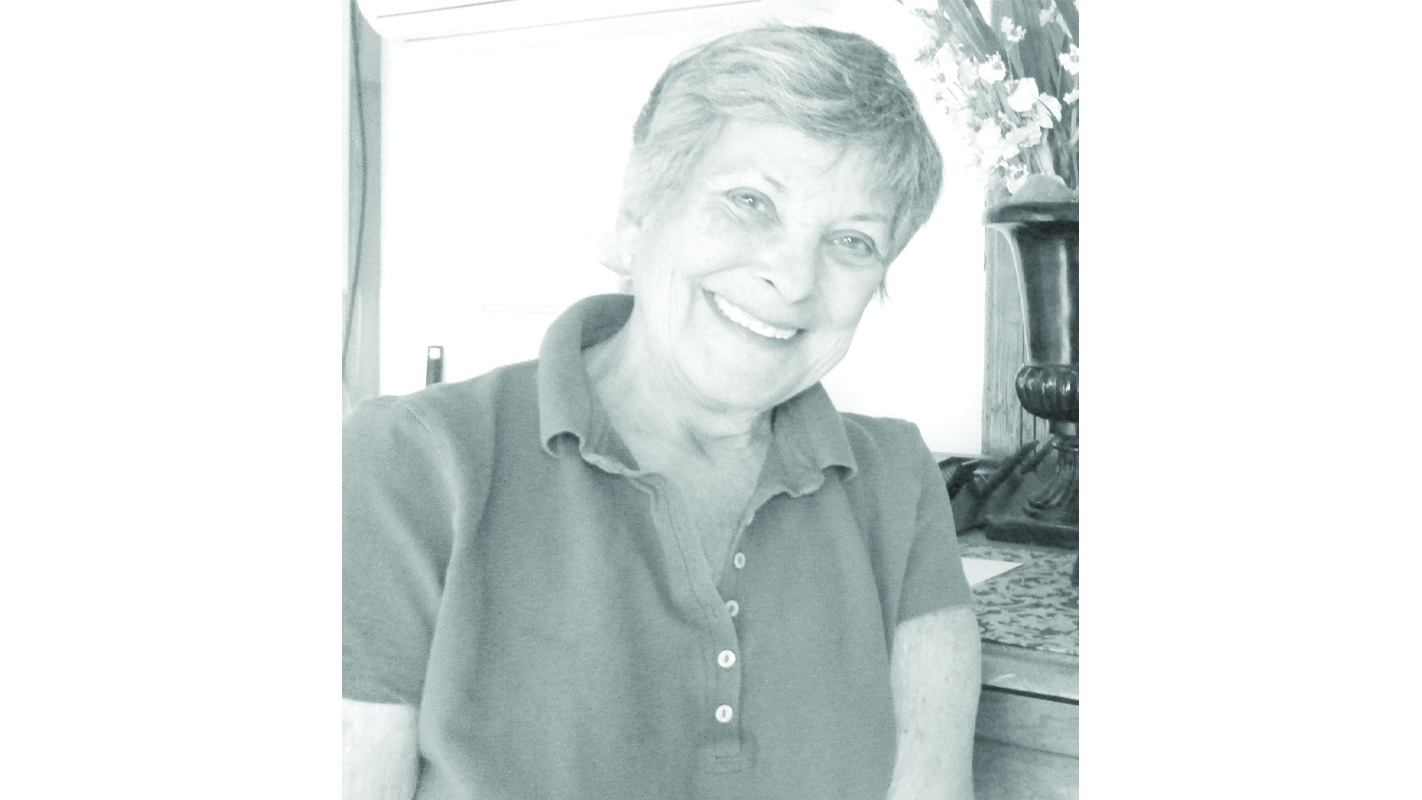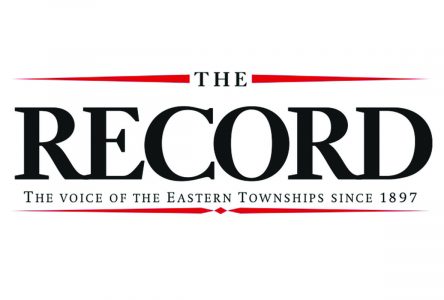By Dian Cohen
In addition to being a planner, I’m a critic – that’s basically what economic commentators are – people who find fault with the policies politicians and bureaucrats dream up that redistribute taxpayers’ money but seemingly solve few problems.
That aside, living in rural southern Quebec means living in one of the best places in the world – people care about their neighbours, guns are used to kill deer and moose (which are eaten during the winter), violent crime is relatively low, poverty exists but nowhere near the desperation levels of other areas, terrorist activity is near-non-existent, and while the weather is often extremely hot or extremely cold, there are few typhoons, tornados or earthquakes.
While I’m both grateful and thankful (and full of turkey), I am not complacent. I am fully aware that this tranquil area and the rest of the country will be collateral damage should the geopolitical and economic machinations of United States, China or any other wannabee superpower get out of hand. My personal rationale for being a champion of planning is to feel that I can survive a world of upset without too much trauma. My rationale for being a critic is that things can always be better. All this to say that it’s important to be aware of the ebb and flow of international economics and politics.
Take China. China is the world’s fastest-growing major economy. The U.S. is a major importer of Chinese goods. Yet the U.S. is trying hard to knee-cap China’s ability to become integrated into the world’s telecommunications networks by maintaining tariffs against it. China has major internal problems, one of which is the impending collapse of its real estate sector. A bigger problem is that many Chinese are losing confidence in their ability to become middle-class. The Communist Party of China’s attack on its own billionaires and tech entrepreneurs serves a couple of purposes: it calms the masses when the wealthy are brought down, and it confounds the rest of the world. Many US companies are at high valuations because investors think they will keep growing in markets like China. Any lasting drop in Chinese construction, energy production or technology will affect businesses worldwide and slow global growth. China’s sheer size means its problems affect everyone.
Take climate change. It’s at the top of everyone’s priority list. President Joe Biden banned new oil and gas drilling on American public lands and offshore waters as soon as he could. Less drilling means less oil. And less oil with the same level of demand can only push the price in one direction: Up. It’s not all Biden’s doing: In 2020, global oil and gas upstream investments had dropped 57% from their 2014 peak. The price of oil has moved from $48 to $80 per barrel this year. Meanwhile, 80% of the world’s energy supply still comes from oil, gas, and coal. That number has barely budged in over a decade. According to the International Energy Agency, it’s going to take another decade before our gas-guzzling ways impact the demand for oil. Ask Alberta about being collateral damage and what steps it has taken to diversify its economy.
Take saving and investing. Stocks are volatile, with dire warnings of market crashes, especially in October. Bonds pay about 1 per cent in a world where inflation is more than 3 per cent. This doesn’t mean you should not invest in either market. In fact, you must put your money somewhere where it has a chance of earning money. Otherwise you are doomed to get poorer. Since 1960, the Canadian and American stock markets have an average growth rate of more than 9 per cent a year including all the ups and downs. Inflation over that period has averaged 3 per cent. Residential real estate has grown an average of 6 per cent over the past 50 years. However, the last decade has seen growth of more than 12 per cent a year. It will be a plausible investment alternative when growth reverts to its long-term average. If you’re looking for investible real estate, the segment of the market known as REITs is where to look.
The point is that not knowing how to invest or where to put your savings makes you even more vulnerable to the whims of strangers. And you can’t start investing until you have an emergency fund that represents six months’ worth of what you spend. That’s not for investing – it’s for emergencies. It’s cash in the bank. Next you must pay off your high interest rate debts. If you have credit card debt you have to ask yourself, “Where can I make a guaranteed return of 20%?” The answer is by paying it off. If you know of another investment that makes a certain 20%, please write! Now you’re ready to invest. Under your mattress or in the bank is not investing – it’s dooming you to losing net assets each year. No wonder so many Canadians worry about their retirement.
Steve Martin once said, “Before you criticize a man, walk a mile in his shoes. That way, when you do criticize him, you’ll be a mile away and have his shoes.” Cute. Behind my criticism is a great desire to help people have a better life. Time to get with the program.
Dian Cohen is an economist and a founding organizer of the Massawippi Valley Foundation.
Cohendian560@gmail.com






